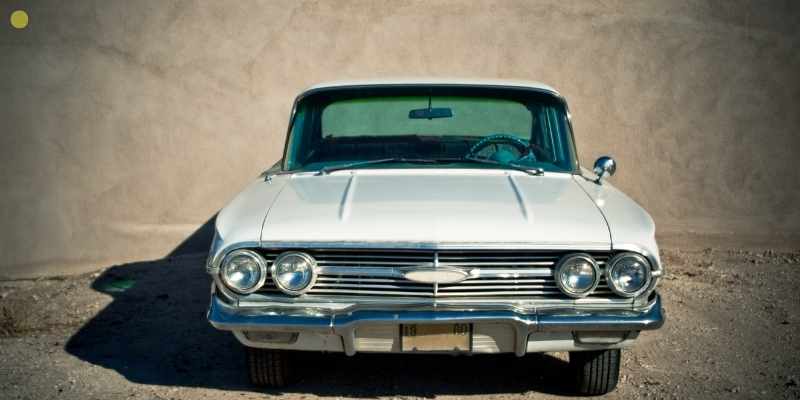For many car buyers, the purchase decision doesn’t just revolve around the upfront costs – understanding the long-term value proposition is critical.
This is especially true for those investing in an SUV like a Chevrolet model, which can represent a significant financial commitment.
With planning and care, maximizing the resale value of your Chevy SUV can help you get the most return on your investment when it’s time to sell or trade-in.

Key Factors Impacting Resale Value
Numerous variables influence what a used Chevy SUV will be worth down the road:
- Model and Trim: Certain models and higher trim levels with more features/options tend to retain more value than lower trims or less popular nameplates.
- Mileage: Lower miles potentially leads to higher resale value, as it indicates less wear and tear. Buyers value SUVs with lower average annual mileage.
- Overall Condition: A well-maintained SUV, inside and out, with no major repair needs, will command top dollar compared to one showing its age.
- Demand: Supply and demand play a bigger role – SUVs with desirable qualities like 4WD, third rows, towing capability, etc. have better resale values.
- Vehicle Age: Newer, more modern SUVs with the latest tech/safety features are inherently worth more than older, outdated models.
What to Reasonably Expect
Compared to other non-luxury brands, Chevy SUVs tend to retain their value relatively well over time according to automotive experts and pricing data. The Tahoe and Suburban large SUVs are particularly noteworthy for strong residual values after several years of ownership.
However, actual resale value can vary drastically based on specifics like model year, mileage, equipment, and condition. As a general baseline, you can expect a well-maintained, average mileage Chevy SUV to retain 50-60% of its original sticker price after three years. However, proper care can help some models maintain 60-70% of their value over the same period.
Protecting Your Investment
While some resale value factors are outside your control, there are definite steps owners can take to help maximize what their Chevy SUV is ultimately worth:
- Follow the Maintenance Schedule: Keeping up with recommended services and having complete maintenance records shows potential buyers the vehicle was properly cared for over its lifetime. This builds confidence in the SUV’s condition.
- Stay on Top of Repairs: Fixing mechanical or body issues when they are relatively minor prevents bigger and more expensive problems down the road that could drastically diminish value. Replacements like brakes, batteries, tires, etc. make a good impression.
- Keep it Clean: An SUV’s exterior and interior condition creates an important first impression for used buyers. Washing, waxing, leather treatment, and regular detailing preserve the look and feel of a well-maintained, clean vehicle.
- Pick the Right Options: When new, buyers should choose popular colors, trim levels, and option packages that have wide appeal and will serve the target market well as a used purchase.
- Limit Modifications: Aftermarket accessories, custom fits, or wild paint colors may deter some buyers, so take a conservative approach to modifications if preserving maximum value is the goal.
- Time of the Sale: There are better and worse times to sell based on market demand, pricing, incentives, and your specific model – doing some homework can ensure a well-timed and profitable sale.
Summing it up
At the end of the day, taking great care of your Chevy SUV will pay dividends when it’s finally time to part ways. By staying on top of maintenance, keeping meticulous records, making repairs as needed, and selling at the right time, you can potentially recoup 60% or more of your original purchase price years later.
This allows you to offset the upfront costs significantly and put that value towards your next vehicle purchase. With SUVs being such a major investment, maximizing your resale value makes good financial sense as a Chevy owner.